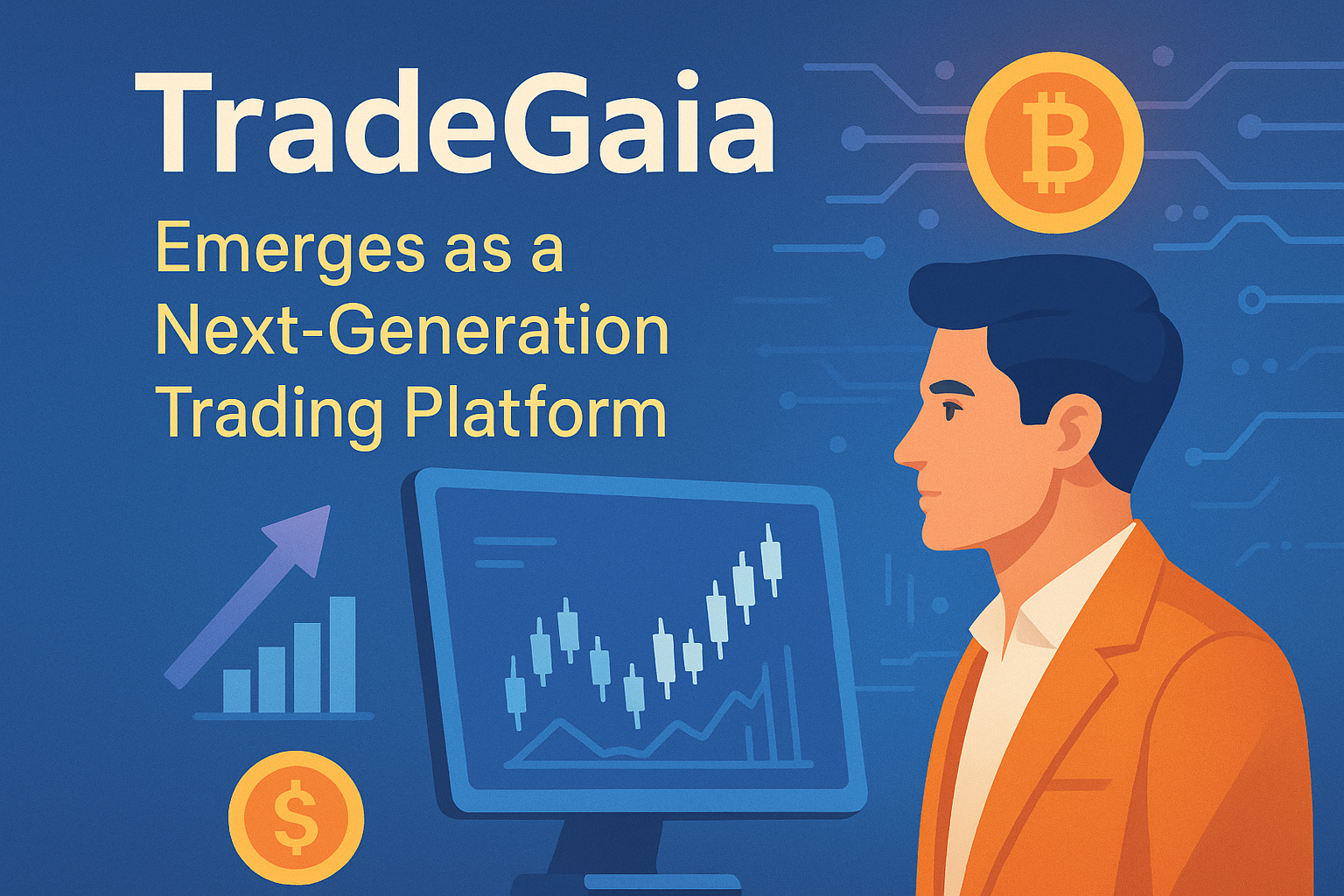Table of Contents
Blockchain technology has been making waves across various industries, and the world of finance and trading is no exception. The decentralized and transparent nature of blockchain has piqued the interest of traders and investors, promising increased security, efficiency, and trust in financial transactions.
This article will explore whether blockchain technology will be a game-changer for trading platforms, or if it's just a temporary trend. Additionally, we will delve into its use in binary options trading – at www.binaryoptions.com, you can find out more about this type of trading.
The Potential Game-Changing Aspects of Blockchain
Blockchain technology is a decentralized and distributed ledger system that records transactions across a network of computers. Each transaction, or block, is time-stamped and linked to the previous one, creating a chain of blocks. This system is secure, transparent, and tamper-resistant, making it an ideal candidate for transforming trading platforms. Let’s take a closer look at the potential of this technology in trading.
Enhanced Security
One of the most significant advantages of blockchain technology is its security features. Traditional trading platforms are susceptible to hacks, fraud, and data breaches. Blockchain's cryptographic techniques and decentralized structure make it extremely difficult for malicious actors to compromise the system. This increased security can foster trust among traders and investors, reducing the risk associated with digital investments.
Transparency and Trust
Blockchain's transparency ensures that all transactions are recorded and visible to all network participants. This transparency builds trust among users, as they can independently verify transactions and ownership. In traditional trading, intermediaries often create opacity in the process, leading to disputes and delays. Blockchain eliminates the need for intermediaries, reducing the chances of disputes and ensuring a smoother experience.
Faster Settlements
Traditional platforms often involve a lengthy settlement process due to the involvement of multiple intermediaries, such as banks and clearinghouses. The innovative technology can significantly reduce settlement times by automating the process and removing the need for intermediaries. This speed can be particularly beneficial for traders who seek quick execution of their orders.
Cost Efficiency
The elimination of intermediaries and the automation of processes can lead to cost savings for trading platforms. This cost efficiency can translate into lower fees for traders and investors, making it more accessible to a broader audience.
Global Accessibility
The technology operates on a global scale, making it easier for traders to access markets worldwide. Traditional platforms typically have limitations in terms of geographical reach and regulatory compliance. Blockchain-based platforms can potentially overcome these barriers, opening up new opportunities for traders around the world.
The Potential Drawbacks
- Regulatory Challenges: The decentralized nature of this technology can pose regulatory challenges for platforms. Different countries have varying regulations regarding cryptocurrencies and blockchain-based assets. Navigating these regulatory hurdles can be complex and may hinder the widespread adoption of the innovation.
- Scalability: Scalability remains a concern for blockchain technology. As trading volumes increase, blockchain networks may struggle to handle the load, leading to slower transaction times and higher fees. This scalability issue needs to be addressed for blockchain-based platforms to compete with traditional ones.
- Volatility: While the technology provides benefits in terms of security and transparency, the underlying cryptocurrencies used on these platforms can be highly volatile. Traders in binary options, which often involve betting on short-term price movements, may find this volatility challenging to manage.
Blockchain in Binary Options Trading
Binary options are a financial derivative that allows traders to speculate on the price movement of various assets, such as stocks, currencies, and commodities. Blockchain technology can bring several changes to binary options:
- Enhanced Security: By using blockchain for transaction recording and smart contracts for executing options contracts, the risk of fraud and manipulation can be significantly reduced.
- Reduced Counterparty Risk: In binary options trading, traders frequently face counterparty risk, where the broker may not honor the payout in case of a winning trade. Smart contracts on the blockchain can automate the payout process, eliminating the risk of non-payment.
- Faster Settlement: Blockchain's short settlement times can make binary options more attractive to traders who seek quick results. This can also reduce the time traders have to wait for their profits or losses to be realized.
Conclusion
Blockchain technology undeniably has the potential to be a game-changer in the world of trading platforms. Its advantages in terms of security, transparency, efficiency, and cost savings make it an appealing option. However, challenges related to regulation, scalability, and the inherent volatility of cryptocurrencies must be addressed for blockchain to reach its full potential in trading.








